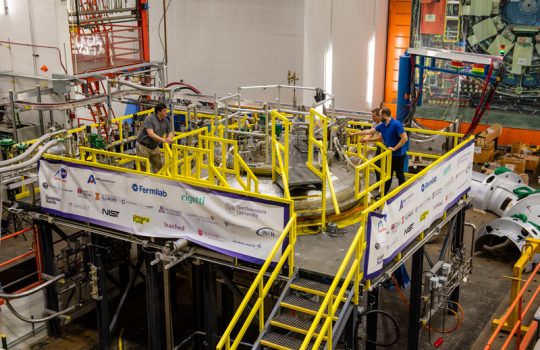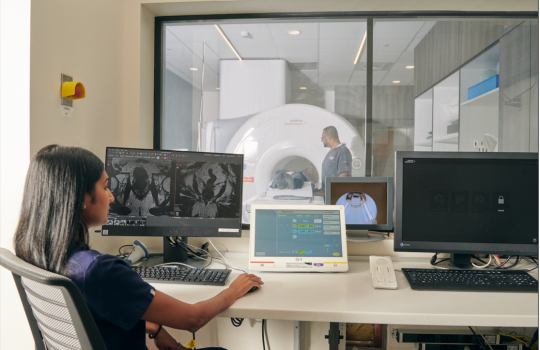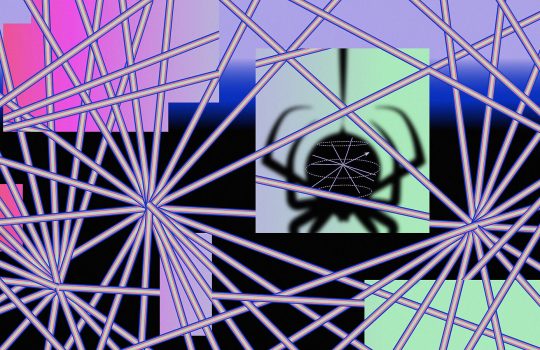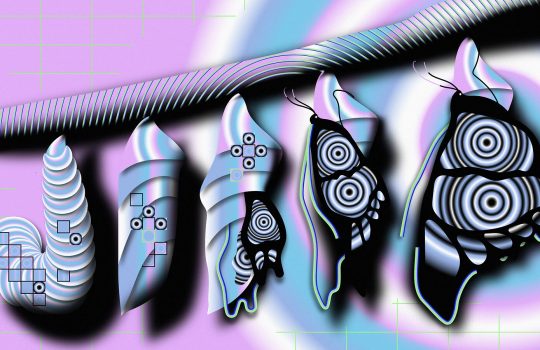It’s colossal: Creating the world’s largest dilution refrigerator
To cool quantum computing components, researchers use machines called dilution refrigerators. Researchers and engineers from the SQMS Center are building Colossus, the largest, most powerful refrigerator at millikelvin temperatures ever made. The new machine will enable new physics and quantum computing experiments.




